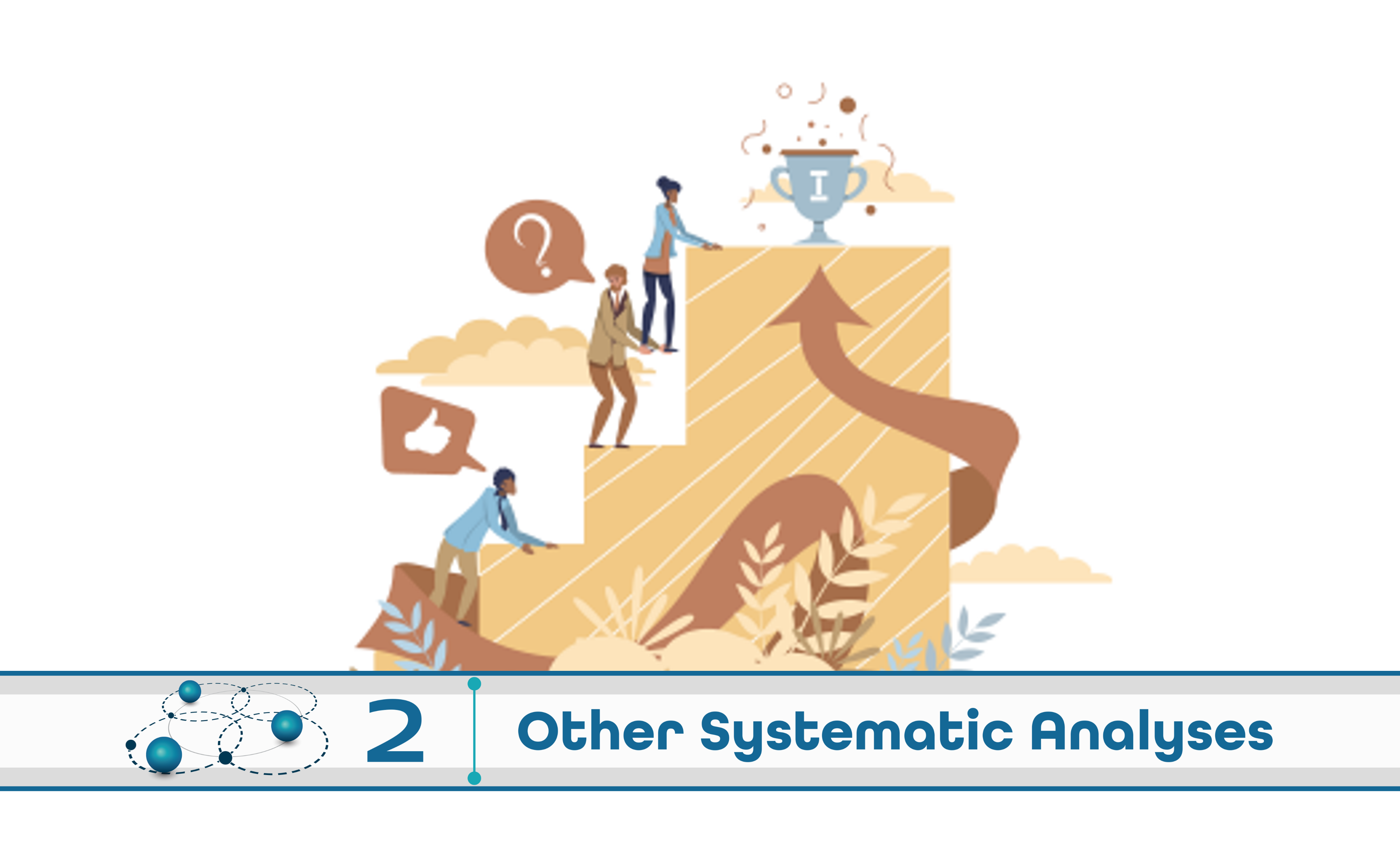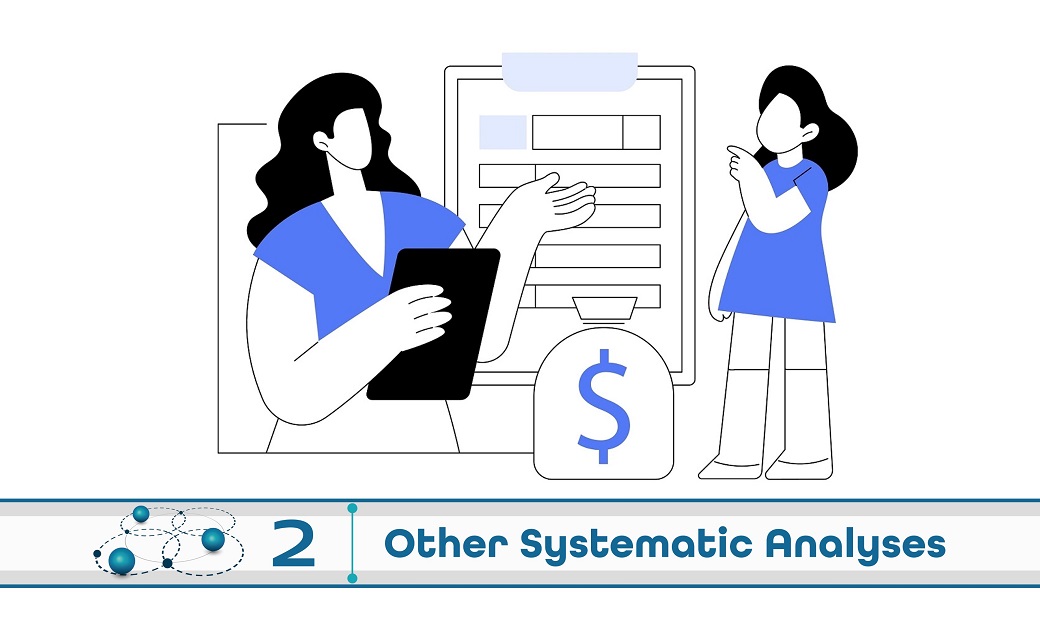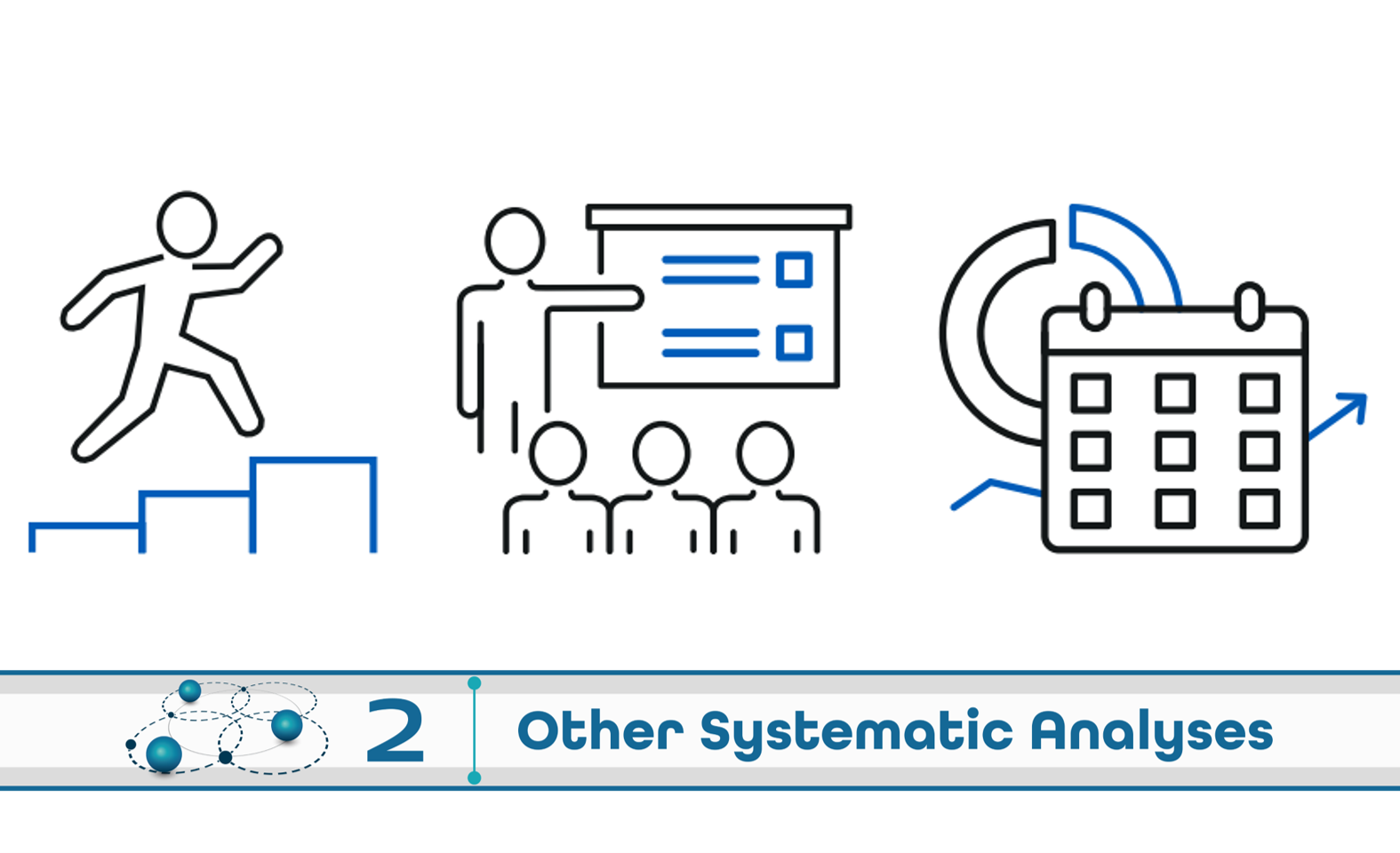“Social enterprises have emerged as an alternative workforce development model, designed to help individuals with severe barriers while also building financially viable businesses” (p.15).
“This study examines outcomes following employment in social enterprises with a social mission to provide employment and build skills for individuals with employment barriers. Its results provide an assessment of whether social enterprises might be an efficient way to improve the employability and lives of individuals with some of the most severe barriers to employment” (p.1).
“In addition to the social mission of increasing employment and economic self-sufficiency of individuals with severe employment barriers, all social enterprises in this study had a business mission to generate revenues in the market, cover operating costs, and partially offset the additional costs associated with their social mission…. The seven social enterprises in this study were purposefully selected by a venture philanthropic organization through a competitive process to receive financial and technical assistance to start or run revenue-generating businesses in California that hired people with severe employment barriers” (p.2).
(Abstractor: Author)Major Findings & Recommendations
“Results suggest that social enterprises have the potential to create value, in particular for taxpayers. For every dollar spent on a social enterprise job, taxpayers gain between $0.42 and $1.31, and the ROI in social enterprises for society as a whole is between 34% and 123% (net of transfers to the organizations). Should a program be developed to add a social mission to an existing business, transforming it into a social enterprise, society could earn returns in excess of 100%. “Despite the incentives for taxpayers to fund social enterprises, results of the study suggest that businesses might not have the incentives to develop into a social enterprise and individuals might not have the incentives to work in them. Social enterprises as businesses roughly break even, earning profits of between -3% and 1%, which provides little incentive for a business to adopt a social mission. Furthermore, individuals with employment barriers might face disincentives to work in a social enterprise: our study showed negative net benefits in workers’ first year after starting the social enterprise job. “Still, high rates of returns to taxpayers suggest that they might receive a positive return on their investment in social enterprises, even if public subsidies to social enterprise or their workers were increased…. Growth in the number of social enterprises might also produce a laboratory in which to study their potential. Given the difficulties publicly funded workforce development programs face and the success of private-sector training programs, the results of this study suggest that the public-private approach taken by social enterprises merits further investigation” (p.15). (Abstractor: Author)


.ashx?rev=545c322714e348e28893c4d9b11cba6e&hash=5A20F026A1D24C39575E0ACA01CD9AA1)




